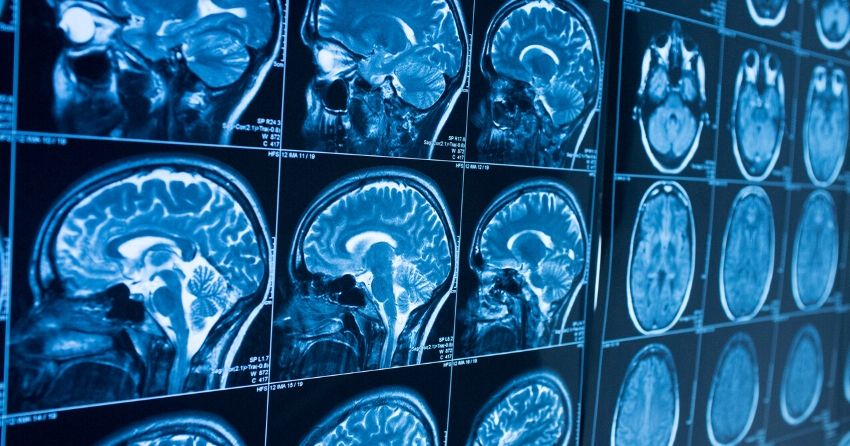Could a Leak in the Blood-Brain Barrier Cause Memory Loss?

-
The blood-brain barrier, which is a highly selective border protecting the brain from toxins and foreign material, leaks as we age, and we lose cells called pericytes.
-
Healthy aging people have a very small leak in their blood-brain barrier (BBB), which is associated with some measures of the benign forgetfulness.
-
Carrying the ApoE4 gene leads to an acceleration of most of the BBB’s age-related changes.
- Some research suggests that pericyte health can be preserved by some of the same interventions that extend lifespan, such as regular exercise, caloric restriction, and rapamycin.
This article was posted on the University of Washington Newsroom:
Have you forgotten where you laid your keys? Ever wondered where you had parked your car? Or having trouble remembering the name of the new neighbor? Unfortunately, these things seem to get worse as one gets older. A big question for researchers is where does benign forgetfulness end and true disease begin?
One of the keys to having a healthy brain at any age is having a healthy blood-brain barrier, a complex interface of blood vessels that run through the brain. Researchers reviewed more than 150 articles to look at what happens to the blood-brain barrier as we age. Their findings were published March 15 in Nature Aging.
Whether the changes to the blood-brain barrier alters brain function, however, is still up for debate.
"It turns out very little is known how the blood-brain barrier ages," said lead author William Banks, a gerontology researcher at the University of Washington School of Medicine, and a researcher with the Geriatrics Research Education and Clinical Center at the Veterans Affairs Puget Sound Health Care System. "It's often hard to tell normal aging from early disease."
The blood-brain barrier, discovered in the late 1800s, prevents the unregulated leakage of substances from blood into the brain. The brain is an especially sensitive organ and cannot tolerate direct exposure to many of the substances in the blood. Increasingly, scientists have realized that the blood-brain barrier also allows many substances into the brain in a regulated way to serve the nutritional needs of the brain. It also transports informational molecules from the blood to the brain and pumps toxins out of the brain. A malfunctioning blood-brain barrier can contribute to diseases such as multiple sclerosis, diabetes, and even Alzheimer's disease.
Before scientists can understand how such malfunctioning can contribute to the diseases of aging, they need to understand how a healthy blood-brain barrier normally ages.
Research shows that healthy aging individuals have a very small leak in their blood-brain barrier. This leakage is associated with some measures of the benign forgetfulness of aging, considered by most scientists to be normal. But could this leak and the difficulties in recall be the early stages of Alzheimer's disease?
When a person carries the ApoE4 allele, the strongest genetic risk of Alzheimer's risk, researchers said there is an acceleration of most of the blood-brain barrier age-related changes.
People with ApoE4 have a hard time getting rid of amyloid beta peptide in their brains, which causes an accumulation of plaque. With healthy aging, the pumps in the blood-brain barrier work less efficiently in getting rid of the amyloid beta peptide. The pumps work even less well in people with Alzheimer's disease.
Another key finding in the review is that as we age, two cells begin to change in the blood-brain barrier: pericytes and astrocytes.
Recent work suggests that the leak in the blood-brain barrier that occurs with Alzheimer's may be due to an age-related loss of pericytes. Astrocytes, by contrast, seem to be overactive. Recent work suggests that preserving pericyte function by giving the factors that they secrete or even transplanting them could lead to a healthier blood-brain barrier.
Some research suggests that pericyte health can be preserved by some of the same interventions that extend lifespan, such as regular exercise, caloric restriction, and rapamycin.
Other findings raise the question of whether the brain's source of nutrition and its grip on control of the immune and endocrine systems could deteriorate with aging. Another finding raises the possibility that the rate at which many drugs are taken up by the brain may explain why older folks sometimes have different sensitivities to drugs than their children or grandchildren.
This paper was published in Nature Aging in March 2021.





